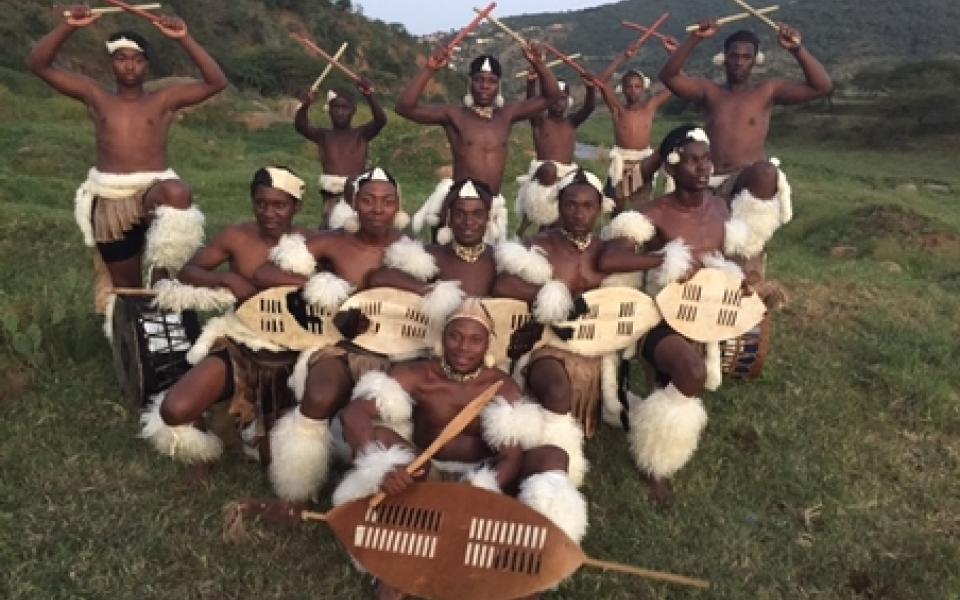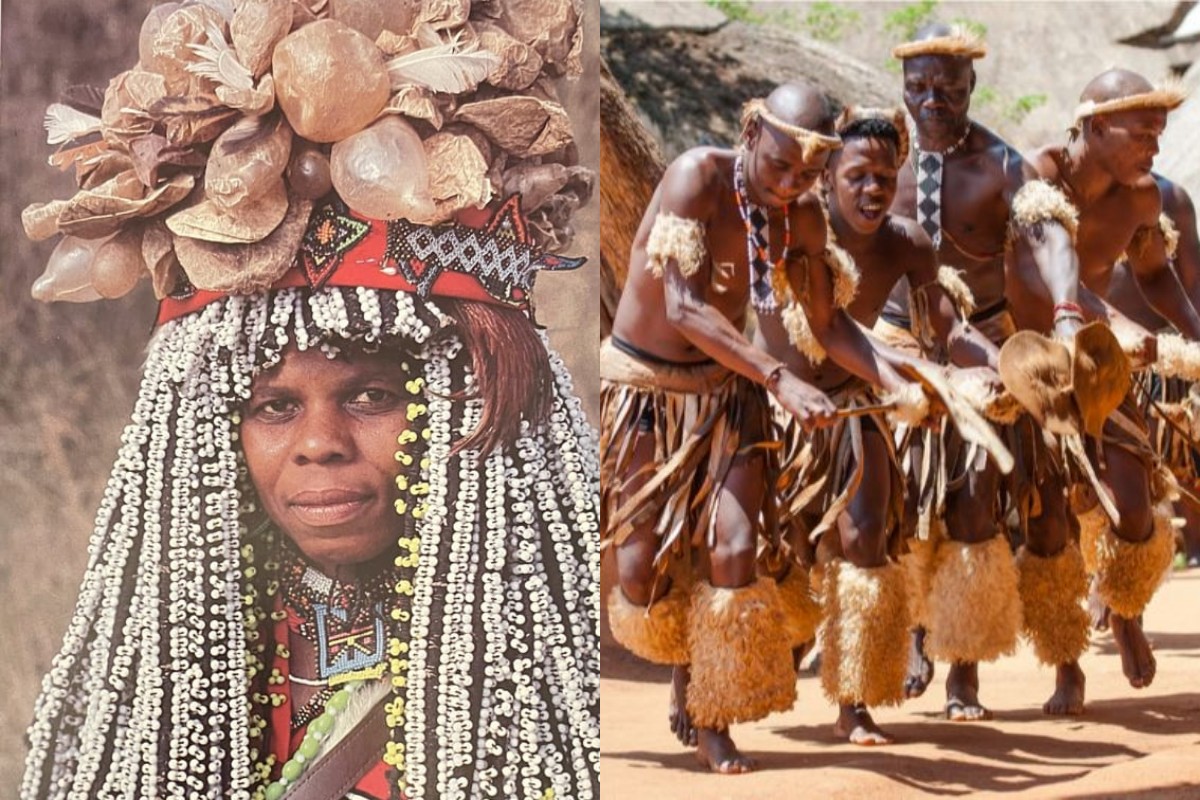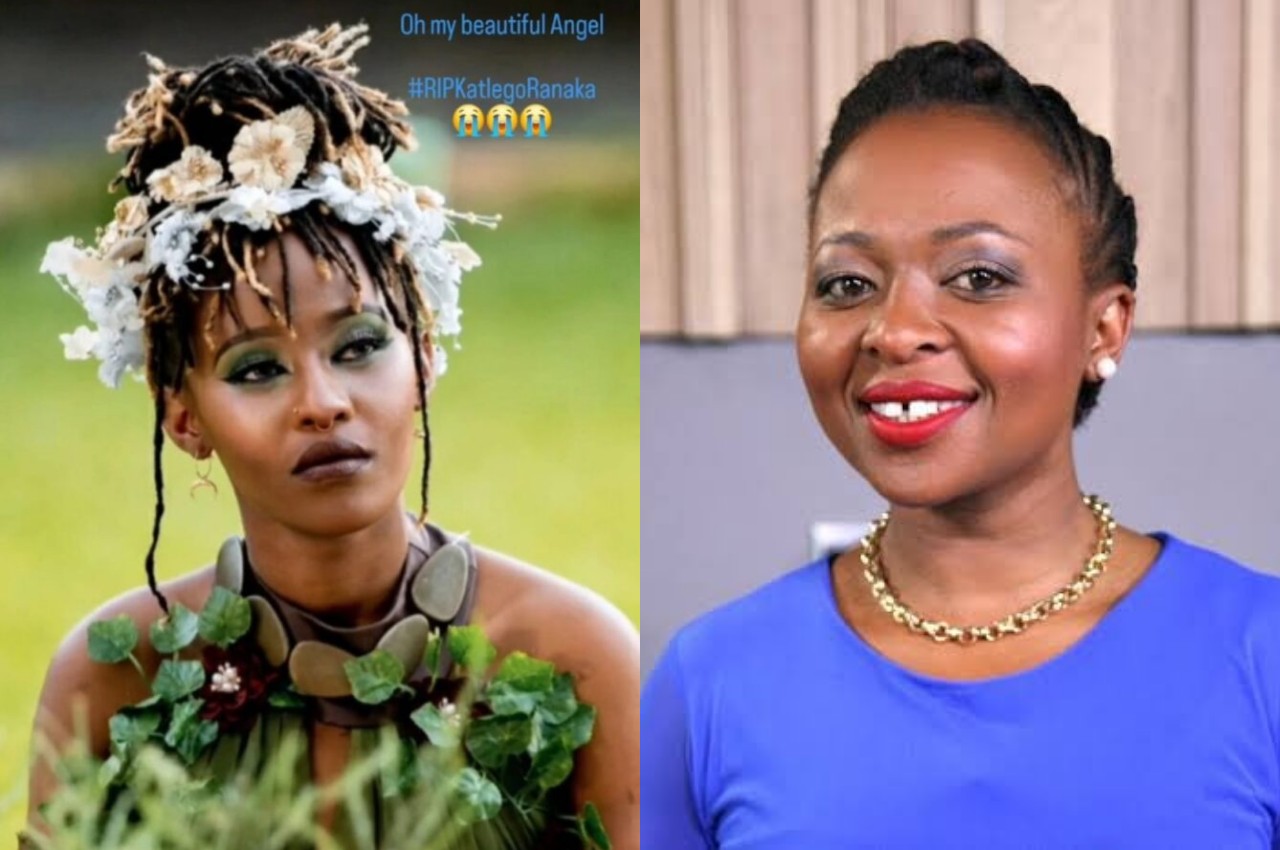The Strangest Customs and Traditions of the Zulu Tribe: A Glimpse Into Africa’s Living Heritage
Hidden deep in the heart of South Africa lies one of the most iconic and fascinating ethnic groups on the continent: the Zulu tribe. Known for their warrior spirit and rich cultural legacy, the Zulu people have customs that might surprise—or even shock—you. Here are some of their most unusual and captivating traditions:

1. The War Dance – Indlamu
One of the most famous Zulu traditions is the Indlamu, a powerful warrior dance performed by men dressed in traditional animal-skin attire. With high kicks, stomping feet, and synchronized moves, this dance symbolizes bravery, discipline, and readiness for battle. It’s often performed during ceremonies, festivals, or to welcome important guests.
2. Lobola – The Bride Price Paid in Cattle
Marriage in Zulu culture is not just a union of two people but of two families. The groom must pay a “lobola”, or bride price, to the bride’s family—traditionally in cattle. The number of cows given reflects the status of the bride’s family and the seriousness of the groom’s intentions. In modern times, money is sometimes accepted, but cattle still hold deep symbolic value.
3. Traditional Healers – The Sangomas
Zulu culture holds a strong belief in ancestral spirits and traditional healing. Sangomas, or traditional healers, play a crucial role in the community. They use herbs, divination, and ancestral communication to treat illnesses and solve social problems. Being chosen as a sangoma is often considered a spiritual calling, not a career choice.
4. Coming of Age Ceremonies
Zulu youth go through initiation ceremonies to mark the transition from childhood to adulthood. These events are deeply symbolic and often involve rituals, dancing, and sometimes even isolation to teach discipline and cultural values.
5. Colorful Beadwork with Secret Messages
Zulu women are known for their intricate beadwork, which isn’t just decorative—it tells stories. The colors and patterns often carry secret messages, especially in romantic contexts. For example, certain combinations can symbolize love, rejection, or even a warning.
—
Conclusion:
The Zulu tribe is a living example of how tradition and modern life can coexist. While some customs may seem unusual to outsiders, they carry deep meanings rooted in history, identity, and community. In a world that’s changing fast, the Zulu people remind us of the beauty and power of cultural heritage.

 Check Out How These Married Power Couples Celebrated Each Other This Valentine’s Day
Check Out How These Married Power Couples Celebrated Each Other This Valentine’s Day Lerato Kganyago Shares a Massive Throwback From Her Miss Jam Alley Days
Lerato Kganyago Shares a Massive Throwback From Her Miss Jam Alley Days 10 Interesting Facts You May Not Have Known About the Late Comedian Ebenhaezer Dibakwane
10 Interesting Facts You May Not Have Known About the Late Comedian Ebenhaezer Dibakwane S’dumo Mtshali Marks 15 Years in the Industry, Reflects on His Journey
S’dumo Mtshali Marks 15 Years in the Industry, Reflects on His Journey Heartfelt Moment: Manaka Ranaka Accepts Late Daughter Katlego’s Degree at Emotional Graduation
Heartfelt Moment: Manaka Ranaka Accepts Late Daughter Katlego’s Degree at Emotional Graduation DJ Warras Murder Case: Alleged Killer’s Nationality Sparks Heated Social Media Debate
DJ Warras Murder Case: Alleged Killer’s Nationality Sparks Heated Social Media Debate